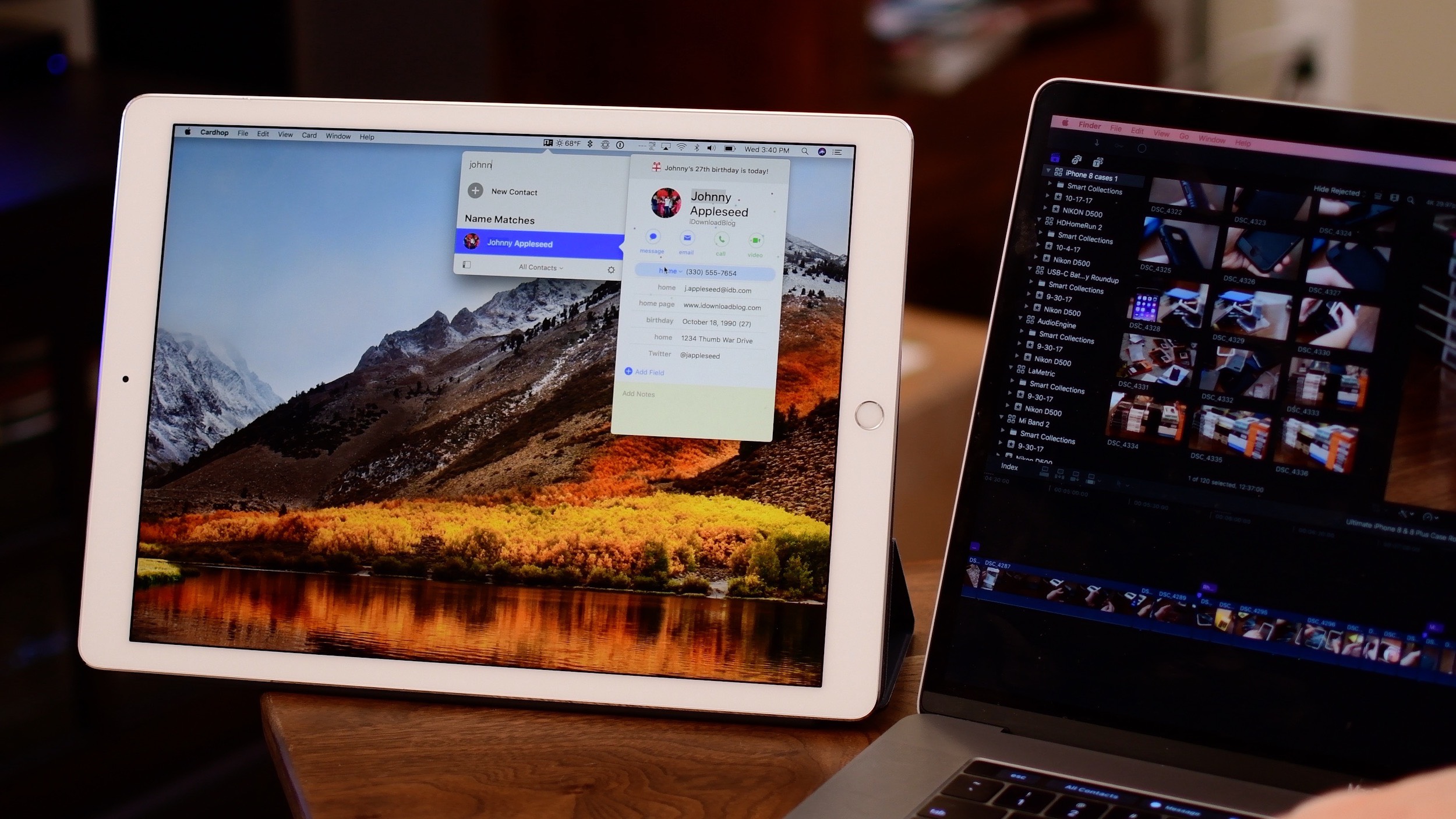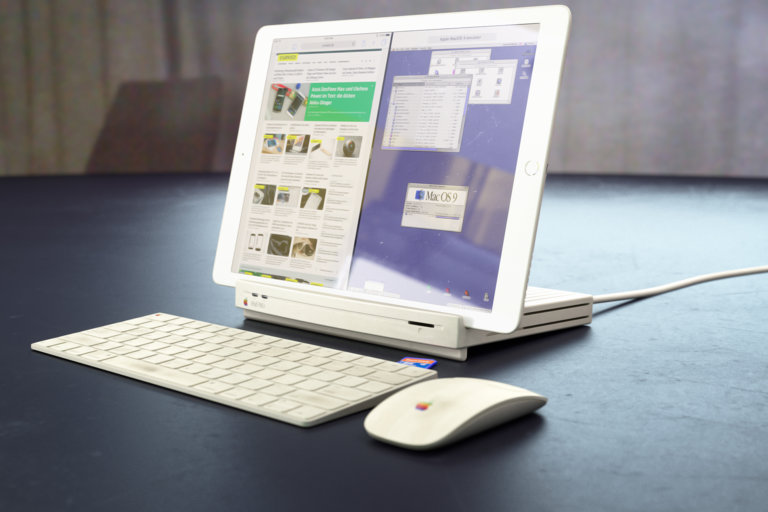
Tim Cook is (again) saying MacBooks and iPads won’t converge into a new platform.
Sitting down for an interview with the Sydney Morning Herald newspaper last week, Cook shot down the possibility of the Great Convergence of the company’s notebooks and tablets.
We don’t believe in sort of watering down one for the other. Both are incredible. One of the reasons that both of them are incredible is because we pushed them to do what they do well. And if you begin to merge the two, you begin to make tradeoffs and compromises.
So maybe the company would be more efficient at the end of the day. But that’s not what it’s about. You know it’s about giving people things that they can then use to help them change the world or express their passion or express their creativity. So this merger thing that some folks are fixated on, I don’t think that’s what users want.
Even if MacBooks and iPads were to merge, we wouldn’t expect Cook to speak publicly about the move. Though valid, his arguments shouldn’t be taken at face value.
Late co-founder Steve Jobs stubbornly insisted Apple wasn’t building a phone when that’s precisely what it’d been doing for years, and that’s just one of many examples.
In case you’ve been wondering, Cook himself uses a mix of devices.
“I generally use a Mac at work, and I use an iPad at home,” he told the paper. “And I always use iPad when I’m travelling. But I use everything and I love everything.”
Two pairs of recent reports from Bloomberg have reignited a longstanding rumor that Apple was going to ditch Intel for its own desktop chips based on iPhone and iPad technology.

Concept: iPad Pro dock with vintage Macintosh LC look, courtesy of Curved.de
In December, Bloomberg wrote about a project internally code-named “Marzipan” that would ultimately permit Macs to run iPad apps controlled by mice, keyboards or trackpads. “Starting as early as 2018,” wrote Bloomberg reporter Mark Gurman, “software developers will be able to design a single app that works with a touchscreen or mouse and trackpad depending on whether it’s running on the iPhone and iPad operating system or on Mac hardware.”
The report was rather ambiguous and left plenty of room for speculation that project “Marzipan” might rather focus on enhancing the universal binary as the technological basis for a unified App Store hosting iPhone, iPad and Mac binaries.

Another report detailed project “Kalamata,” an initiative allegedly greenlit by Apple’s top brass that would put in-house designed processors in Macs by 2020, starting with low-end notebooks. Note that Bloomberg said the same thing years ago: in 2012, it claimed Apple was going to drop Intel for its own computer chips by 2017.
That same year, Cook addressed rumors that Apple was building a new software platform that would scale from tablets to notebooks to desktop systems. In reasoning against this, Cook likened Microsoft’s unified OS strategy to a toaster-refrigerator convergence:
Anything can be forced to converge. But the problem is that the products are about tradeoffs. You begin to make tradeoffs to the point where what you have left at the end of the day doesn’t please anyone. You can converge a toaster and a refrigerator, but you know, those things are probably not going to be pleasing to the user.
You wouldn’t want to put these things together because you end up compromising in both and not pleasing either user. Some people will prefer to own both, and that’s great too. But to make the compromise of convergence, we’re not going to that party.
Do you agree with Cook?
Would some sort of a hybrid device that ran iPad and Mac apps natively and supported both touch and mouse input make sense, do you think?
Let us know your thoughts in the comments section down below.